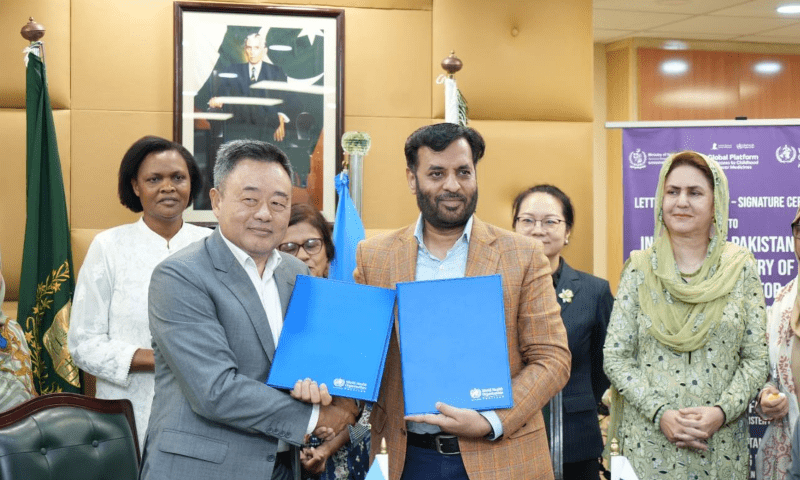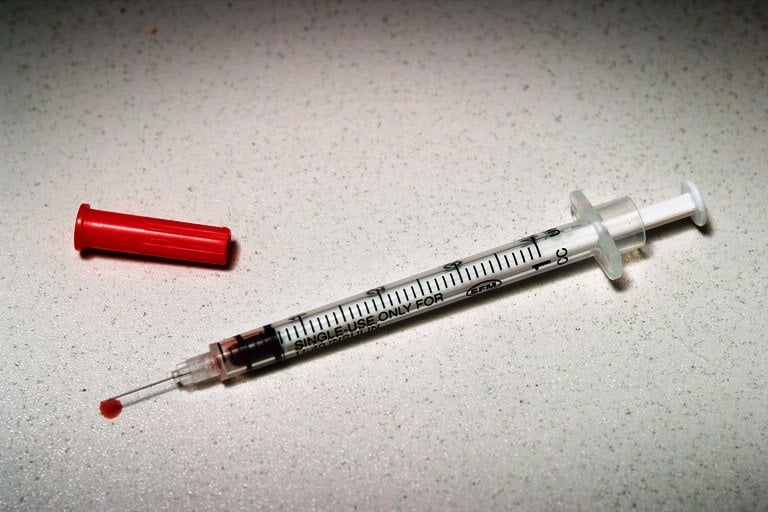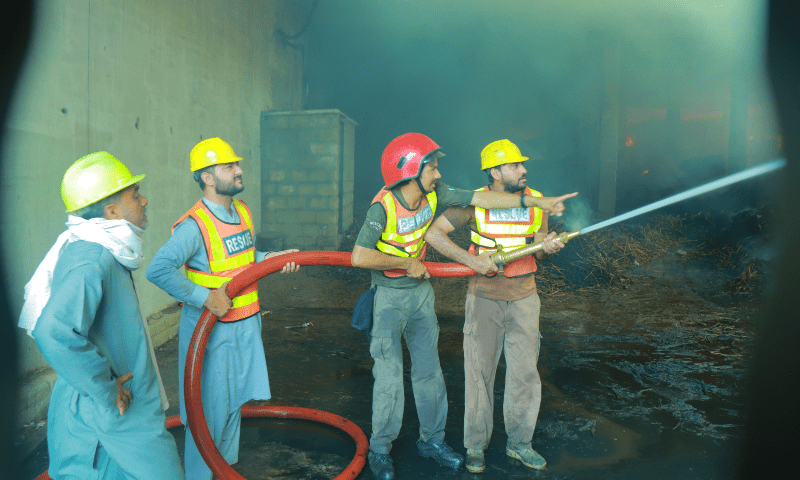HEALTH

ISLAMABAD – In a landmark move, Pakistan has officially joined the Global Platform for Access to Childhood Cancer Medicines, an initiative co-led by the World Health Organization (WHO) and St. Jude Children’s Research Hospital, aimed at providing free, quality-assured cancer drugs to children in low- and middle-income countries.
The agreement was signed by Pakistan’s Federal Health Minister Dr. Nadeem Jan Mustafa Kamal and WHO Representative Dr. Dapeng Luo at a ceremony in Islamabad. It will remain in effect until December 31, 2027, with potential for extension.
Pakistan reports over 8,000 new cases of childhood cancer annually, and currently suffers from a survival rate of only 30%, far below the 80% survival rate seen in higher-income countries. The collaboration aims to double the survival rate to 60% by 2030 by improving access to critical treatment and medicines.
Dr. Luo emphasized:
“No child affected by cancer should die due to lack of access to treatment. WHO will work hand in hand with Pakistan to save lives and ensure no child is left behind.”
Minister Kamal called the agreement a major milestone:
“This is the way forward. Even if we save one life, we are saving mankind.”
Pakistan is now the second country in the WHO Eastern Mediterranean Region to join this global platform. UNICEF will handle procurement and delivery of the cancer medicines under the partnership.
Other Public Health Concerns Highlighted
During the event, Minister Kamal also sounded the alarm on Pakistan’s stagnant fertility rate, maternal and child mortality, and the widespread burden of preventable diseases, especially those linked to unsafe water.
According to WHO data, Pakistan faces:
- 9,800 maternal deaths annually
- 246,300 newborn deaths every year
- Over 190,000 stillbirths
- A persistently high fertility rate of 3.6 births per woman
- 43% child stunting, affecting brain development
- 68% of diseases caused by unsafe water
Kamal urged a nationwide behavioral shift, pointing to a lack of public awareness and infrastructure for sewage treatment, and poor vaccine acceptance in some communities.
“People are drinking other people’s sewage,” he warned, pointing to untreated wastewater mixing with drinking water supplies across provinces.
He also called on religious leaders and communities to play their part in raising awareness about population control and disease prevention, referencing religious fatwas that support spacing births for the mother’s health.
“Our youth is our asset, but with 43% stunted, they’re becoming a liability,” Kamal warned. “This is not just the government’s work. It’s everyone’s responsibility.”
The agreement with WHO marks a hopeful step for thousands of children fighting cancer, and a broader push toward systemic health reforms in Pakistan.




